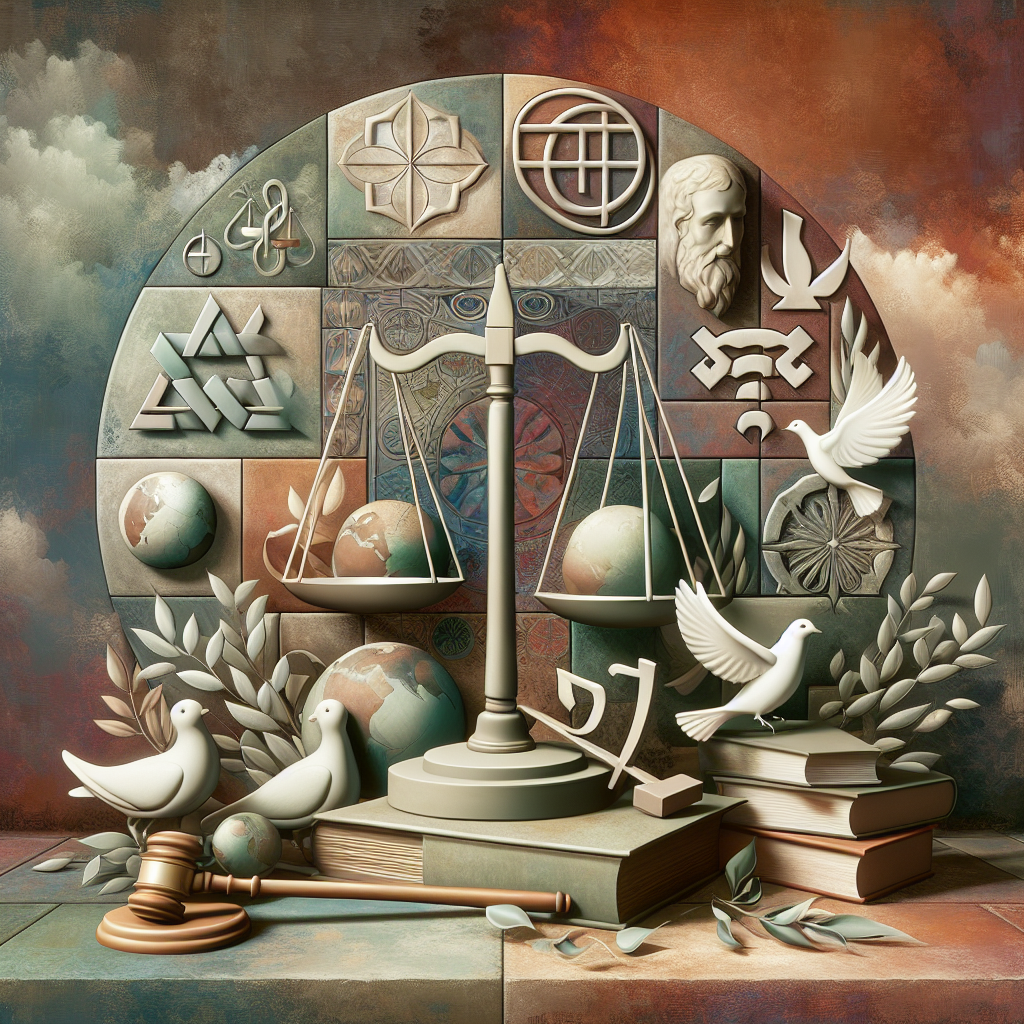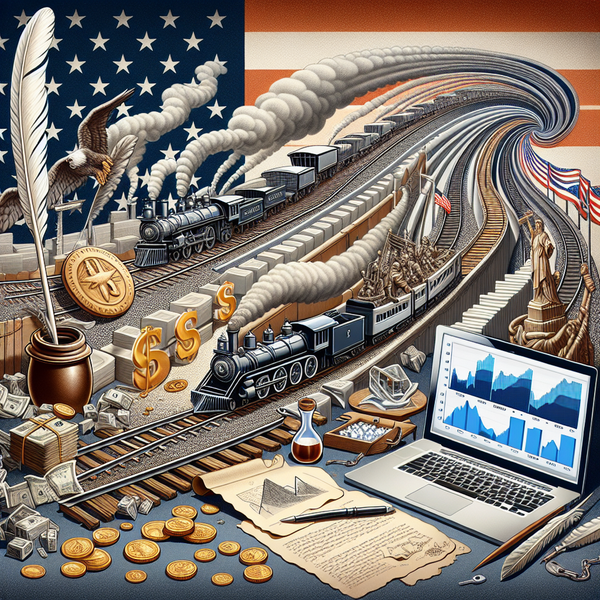The Ethical Legacy of Pope Francis: Global Impact Beyond Religion

Introduction – Why His Legacy Matters Now
With the passing of Pope Francis on April 21, 2025, the world pauses to reflect on the enduring ethical vision of a pontiff who transcended doctrinal boundaries. As the first Latin American and Jesuit Pope, Francis brought a unique voice to global conversations - not only on faith, but on justice, the environment, and human dignity. His legacy is not confined to Church doctrine but speaks to the conscience of humanity.
🧠 Mini Quiz: The Ethical Legacy of Pope Francis
1. Champion of Social Justice
One of the most vivid anecdotes from Francis’ early papacy comes from his unannounced visit to a homeless shelter in Rome, where he quietly washed the feet of twelve guests. Unlike past symbolic gestures involving clergy or prisoners, this act, performed without media fanfare, reflected his core belief: dignity begins at the margins.
He famously chose not to live in the ornate papal apartments but instead resided in a modest guesthouse, the Casa Santa Marta. He rejected the armored papal limousine, often using a small Ford Focus instead. These decisions weren't mere optics - they were a rebuke of clerical privilege and a declaration of proximity to the poor.
From his earliest days as pope, Francis spoke out against systemic inequality, economic exploitation, and what he called a "throwaway culture." His visit to the favelas in Rio de Janeiro and his regular meetings with migrants and the homeless highlighted his belief that the Church must serve as a "field hospital" for the world. He positioned the poor not as recipients of charity, but as agents of transformation.
2. Environmental Ethics: Laudato si’
Francis’ 2015 encyclical Laudato si’ was a turning point in religious discourse on the climate crisis. It called for ecological conversion - urging individuals, corporations, and governments to care for our common home. The document was lauded not just by faith leaders but also by scientists and environmentalists worldwide.
The encyclical was cited at the 2015 UN Climate Change Conference in Paris (COP21), influencing global dialogue. Former U.S. President Barack Obama praised it as “a clarion call that should guide our global efforts.” Churches across Europe and Latin America organized climate-themed services in its wake, reflecting its impact beyond doctrine.
3. Interfaith and Cross-Cultural Dialogue
In an increasingly polarized world, Pope Francis promoted unity over division. He made historic visits to mosques, synagogues, and refugee camps, and signed the 2019 Document on Human Fraternity with the Grand Imam of Al-Azhar. His message of peace and dialogue reached beyond religious boundaries, calling for mutual respect and cooperation. The document, signed in Abu Dhabi, emphasized mutual respect and peaceful coexistence among religions. Its significance was recognized globally, leading the United Nations to declare February 4 as the International Day of Human Fraternity - marking a milestone in interfaith diplomacy.
Among the most notable gestures was his 2021 meeting with Grand Ayatollah Ali al-Sistani in Najaf, Iraq - a groundbreaking encounter between the Catholic Church and Shiite Islam. The meeting emphasized mutual respect and peaceful coexistence, reinforcing Francis's message that faith should unite rather than divide. Local Iraqi leaders and international observers hailed it as a beacon of interreligious diplomacy.
4. A New Tone on LGBTQ+ Issues
In 2015, during the Synod on the Family, Francis encouraged open debate on previously taboo issues such as same-sex relationships and divorce. Although the final documents remained conservative, the atmosphere had changed: no longer were such discussions off-limits.
A particularly personal moment came when he met privately with a Spanish transgender man and his fiancée at the Vatican. The meeting was not publicized until later, reinforcing his commitment to dignity over headlines. These gestures, subtle yet powerful, spoke louder than doctrinal declarations.
While he did not alter official Church teachings, Pope Francis dramatically shifted the tone of the Vatican on LGBTQ+ issues. His words offered dignity and welcome, rather than exclusion. For many, this was a signal of progress - even if slow - toward a more inclusive Church.
5. Church Reform and Accountability
Francis took steps to reform Vatican finances, improve transparency, and address clerical sexual abuse. In 2019, he issued the motu proprio Vos estis lux mundi, which established mandatory reporting procedures and accountability measures for bishops - marking a significant legal and structural response to the abuse crisis. While critics argue that some reforms were inconsistent or slow, others see his efforts as unprecedented in their scope and intention. He faced internal resistance but persisted in his call for a Church that is poor, humble, and accountable.
Notably, his reforms met resistance from within the Church hierarchy. A group of conservative cardinals publicly questioned his interpretations on marriage and communion, issuing the so-called “dubia” letters. These internal challenges underscored the tension between tradition and transformation under his papacy.
One of the more controversial moves came with his 2021 restrictions on the use of the pre-Vatican II Latin Mass. While aimed at fostering unity, the decision drew sharp criticism from traditionalist Catholics and reignited debates about the Church’s liturgical identity.
6. A Legacy That Transcends Religion
Perhaps one of the most iconic moments came during his 2015 speech to the U.S. Congress. Francis spoke of Abraham Lincoln, Martin Luther King Jr., Dorothy Day, and Thomas Merton - all figures rooted in justice and moral courage. His emphasis was not on Catholic values per se, but on shared human aspirations.
When he visited the Philippines in 2015, the largest Catholic nation in Asia, he braved torrential rain to address millions. He wept alongside survivors of Typhoon Haiyan, embodying compassion not from behind a podium, but amid suffering.
Barack Obama once called him "a moral leader for the world." Greta Thunberg praised his stance on climate action. Francis' influence reached far beyond Catholicism - into politics, academia, and grassroots activism. His ethical leadership inspired movements for change, rooted not in dogma but in shared human values.
7. Political Fraternity and Global Solidarity
In his 2020 encyclical Fratelli Tutti, written during the COVID-19 pandemic, Francis emphasized the need for global fraternity in the face of nationalism and social fragmentation. He criticized “the politics of polarization” and called for “a better kind of politics” - one rooted in dialogue, empathy, and the common good. His appeal for universal solidarity transcended religious affiliation, speaking instead to shared human responsibility.
8. A Pope of the People: Simplicity and Humor
Pope Francis was known not only for his moral leadership, but also for his warmth and wit. He often used humor to make profound points, once saying, “You never see a moving truck following a hearse,” as a reminder of life’s deeper values. His unscripted, relatable style helped humanize the papacy and made spiritual ideas more accessible to millions.
Conclusion – What We Carry Forward
Pope Francis redefined what it means to lead ethically in the modern age. His voice was one of compassion, challenge, and courage. As the world mourns his passing, it also inherits a question he left behind: “How can we build a future of hope - if not together, in dignity and solidarity?”
Timeline – Key Milestones in Pope Francis' Ethical Leadership
- March 13, 2013 – Elected as the first Jesuit and Latin American pope.
- July 2013 – Visits Rio de Janeiro’s favelas, setting tone for a socially engaged papacy.
- November 2013 – Publishes Evangelii Gaudium, sharply criticizing economic inequality.
- July 2015 – Visits Bolivia, Ecuador, and Paraguay, emphasizing ecological and social justice.
- June 2015 – Issues Laudato si’, a groundbreaking encyclical on climate change and the environment.
- February 2016 – Meets Patriarch Kirill in Cuba, first such meeting between heads of Catholic and Russian Orthodox Churches.
- February 2019 – Co-signs the Document on Human Fraternity with Grand Imam of Al-Azhar.
- October 2020 – Publishes Fratelli Tutti, calling for global solidarity and renewed human fraternity.
- April 21, 2025 – Dies in Vatican City at age 88, leaving behind a transformative ethical legacy.



